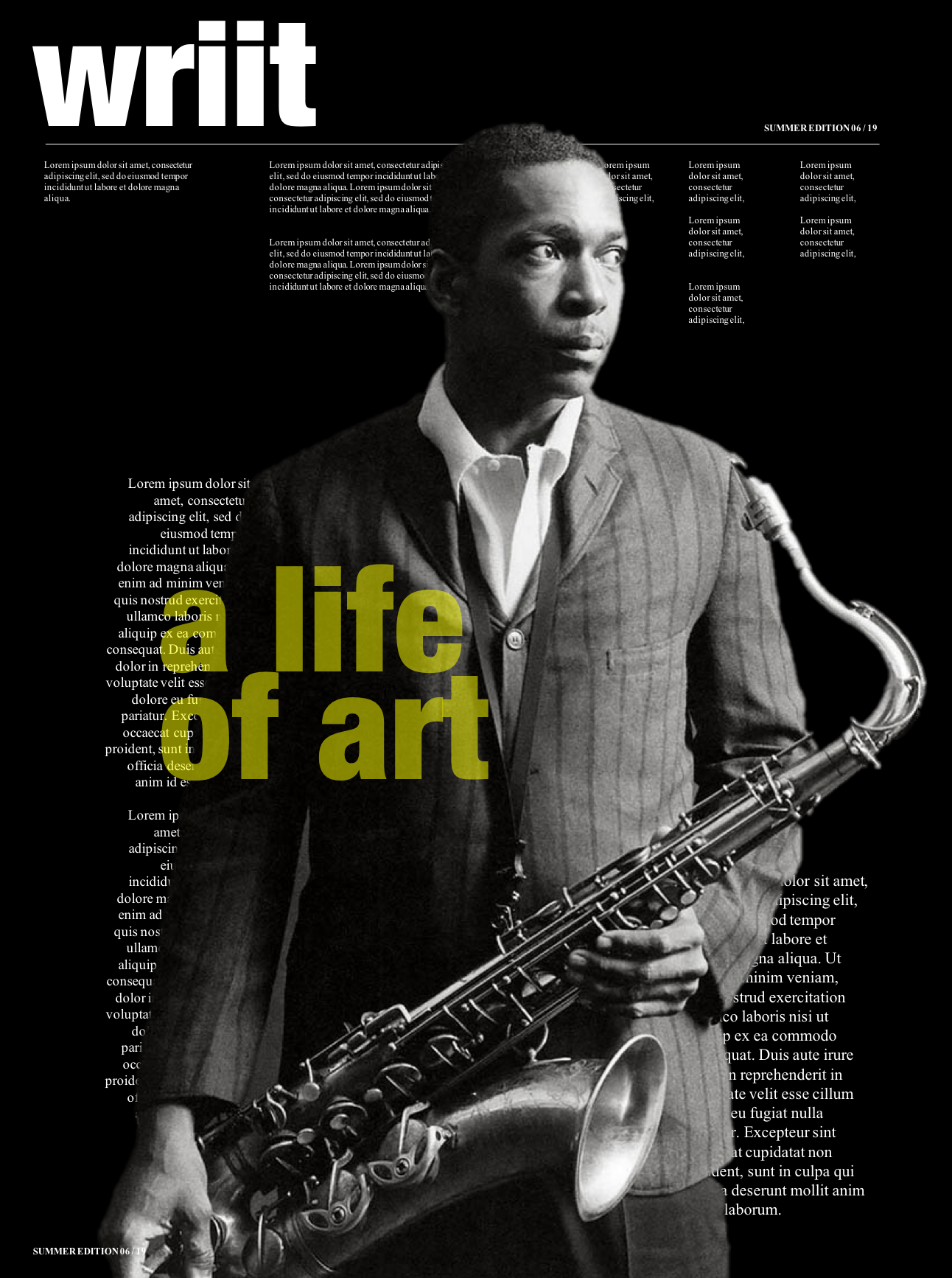Is the gig up for the gig economy?
Micro-gigging via the various labor platforms in the sharing economy leaves already vulnerable workers no better off, and in some ways worse off. The pay is low, the safety net eviscerated, job security nonexistent. A graphic designer can make $300 in one day, but not have any more work lined up for two weeks and have trouble making rent. A public-relations consultant can count IBM as a client, but still have to choose between squirreling away some money for retirement and affording the smartphone she needs to track all her clients. A young college graduate goes freelance but can’t pay her crippling student loans. If you lose a gig and haven’t yet found another, tough luck, you aren’t even eligible for unemployment compensation; if your client pays a month late, or stiffs you entirely, tough luck again. And on top of it all, you get paid less than your regularly employed counterparts, on average 25% less in hourly wage (with the gap even larger for some occupations).
